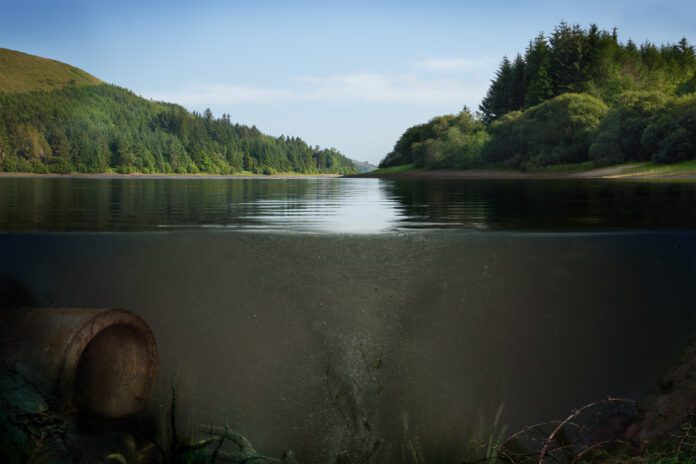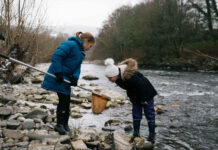
- Welsh Water is reminding people of the dangers of swimming in reservoirs as warm temperatures are predicted for the Jubilee weekend.
- On average 45 people in Wales die from accidental drowning each year.
Welsh Water has issued a reminder of the dangers of unauthorised swimming this bank holiday.
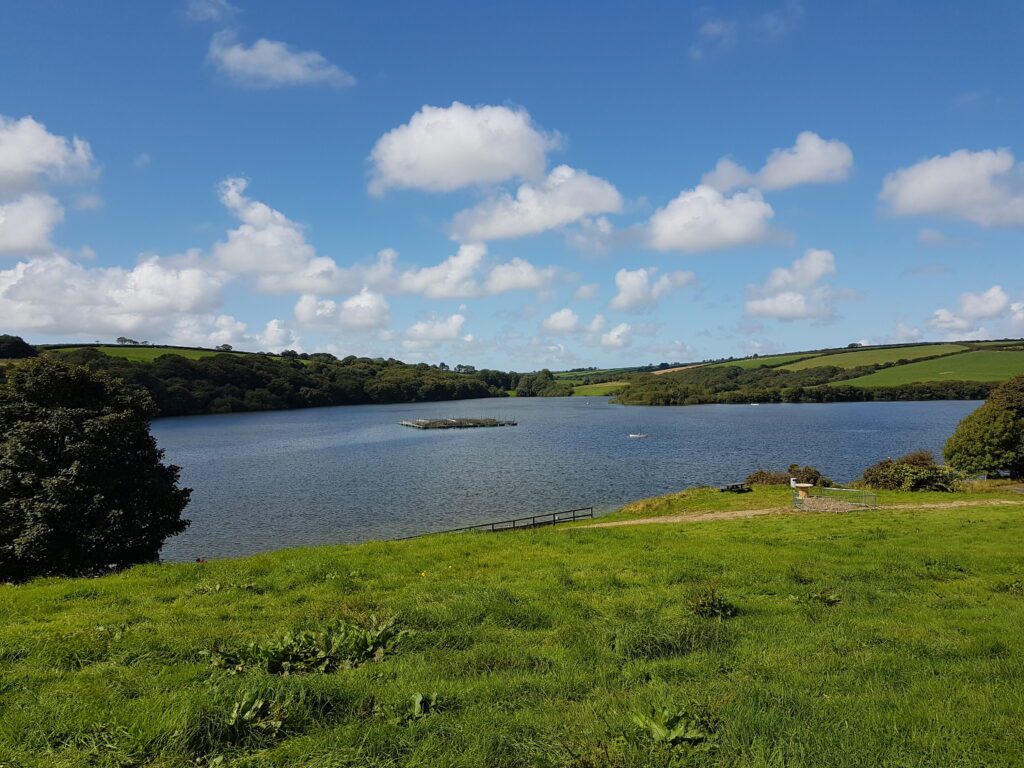
Every year, large numbers of individuals and families are taking to the water to swim, paddle, or use inflatables in reservoirs across Wales, putting their lives and the lives of others at risk.
Welsh Water, the first and still the only not-for-profit utility company in England and Wales said there was a significant increase in cases of unauthorised swimming at reservoirs last year.
This week the company has launched its ‘Beautiful but Deadly’ safety campaign urging people in Wales to educate themselves about the dangers hidden below the beautiful surface of some of Wales’s beauty spots.
According to the National Water Safety Forum, in 2021, there were 49 water-related fatalities in Wales and 69% of accidental fatalities were male.1
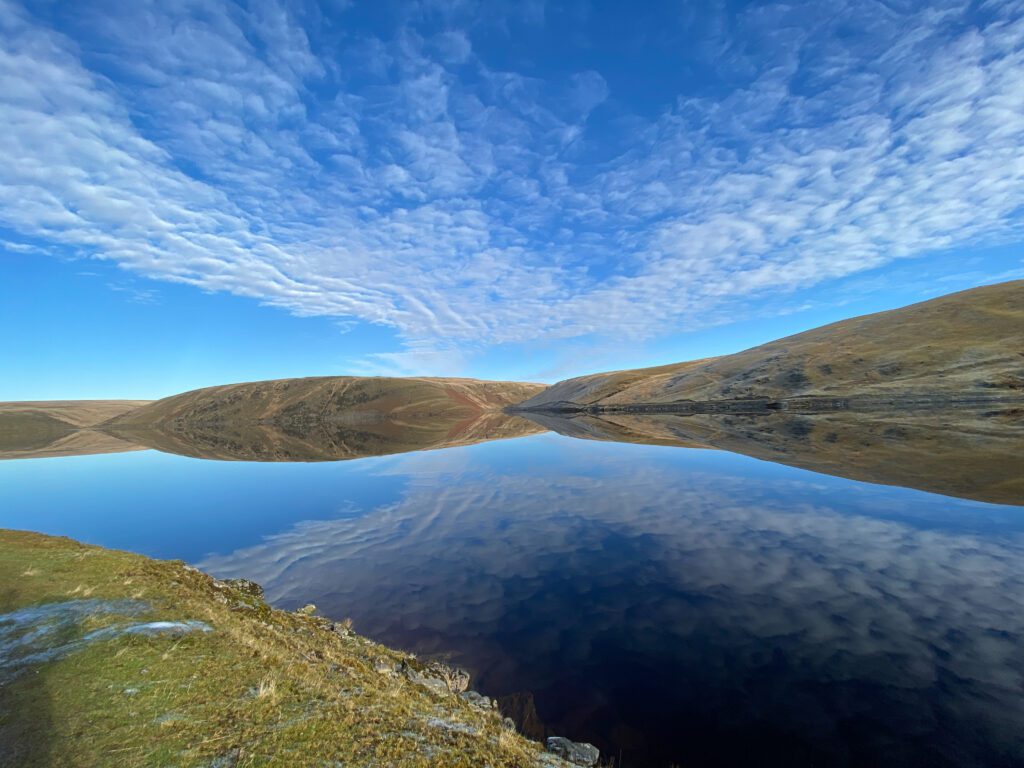
The dangers of swimming in reservoirs include:
- Hidden equipment beneath the surface of the water which can operate without warning.
- Deep, freezing water that can cause even strong swimmers to find themselves in difficulty.
- Reduced chance of rescue due to the remote location of many reservoirs, with little or no mobile reception.
Following a successful pilot in 2020, organised open water swimming activities are now being rolled out across a small number of reservoir sites which have visitor centres and where it is considered safe and appropriate to swim. These open water swimming sessions are controlled and supervised, with qualified RLSS open water lifeguards.
Welsh Water’s Head of Visitor Attractions, Mark Davies said: “In light of the recent news of a tragic fatality of a young boy in Swansea so early in the summer months, this message has never been so important. We encourage people to come and visit and enjoy our sites over the Jubilee weekend, but it is crucial that entering the water is only ever done at a safe, supervised session booked through one of our water sports centres. Our rangers work hard to patrol our reservoirs in the interest of public safety, and you’ll see more of us out during the summer months – but we can’t be everywhere at once.
“Reservoirs are full of hidden dangers, including hidden automatic machinery that can operate at any time, and incredibly strong currents, meaning even the strongest swimmers can be pulled under. The water also contains freezing temperatures which can send swimmers into cold-water shock.
“We know that the water can look tempting, but unauthorised swimming not only puts your own life at risk, but also the lives of people who may try and help you.”
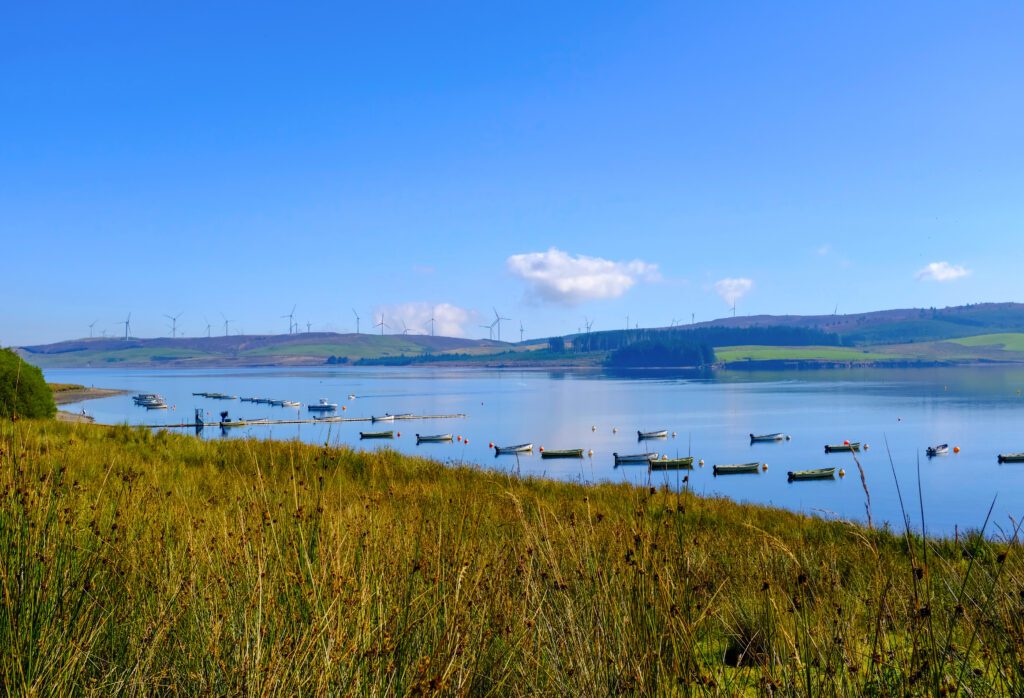
If an individual comes into trouble in the water, the RNLI (Royal National Lifeboat Institution) encourages people to Float to Live. People should fight the urge to panic and relax and float on their back until the effects of cold-water shock pass and the person can self-rescue or call for help.
Chris Cousens, Chair of the Water Safety Wales Forum, said: ‘Sadly we saw 49 water-related fatalities in Wales in 2021. The rate of accidental drowning per head of population in Wales is double that of the UK. Water Safety Wales believes one drowning is too many and we fully support the efforts being made by Dŵr Cymru Welsh Water in reducing the number of serious incidents in open water locations. We’d encourage everyone to take personal responsibility for their own and family’s safety by remembering these lifesaving tips:
- If you get into trouble in the water, Float to Live.
- Lean back and use your arms and legs to help you float, then get control of your breathing before calling for help or swimming to safety.
- If you see someone else in trouble in the water, call 999 or 112. If you are at a reservoir, river, canal or other inland location ask for the Fire and Rescue Service. If you are at the coast, ask for the Coastguard.”
Visit dwrcymru.com/reservoirsafety for more information
Help keep news FREE for our readers
Supporting your local community newspaper/online news outlet is crucial now more than ever. If you believe in independent journalism, then consider making a valuable contribution by making a one-time or monthly donation. We operate in rural areas where providing unbiased news can be challenging. Read More About Supporting The West Wales Chronicle



















